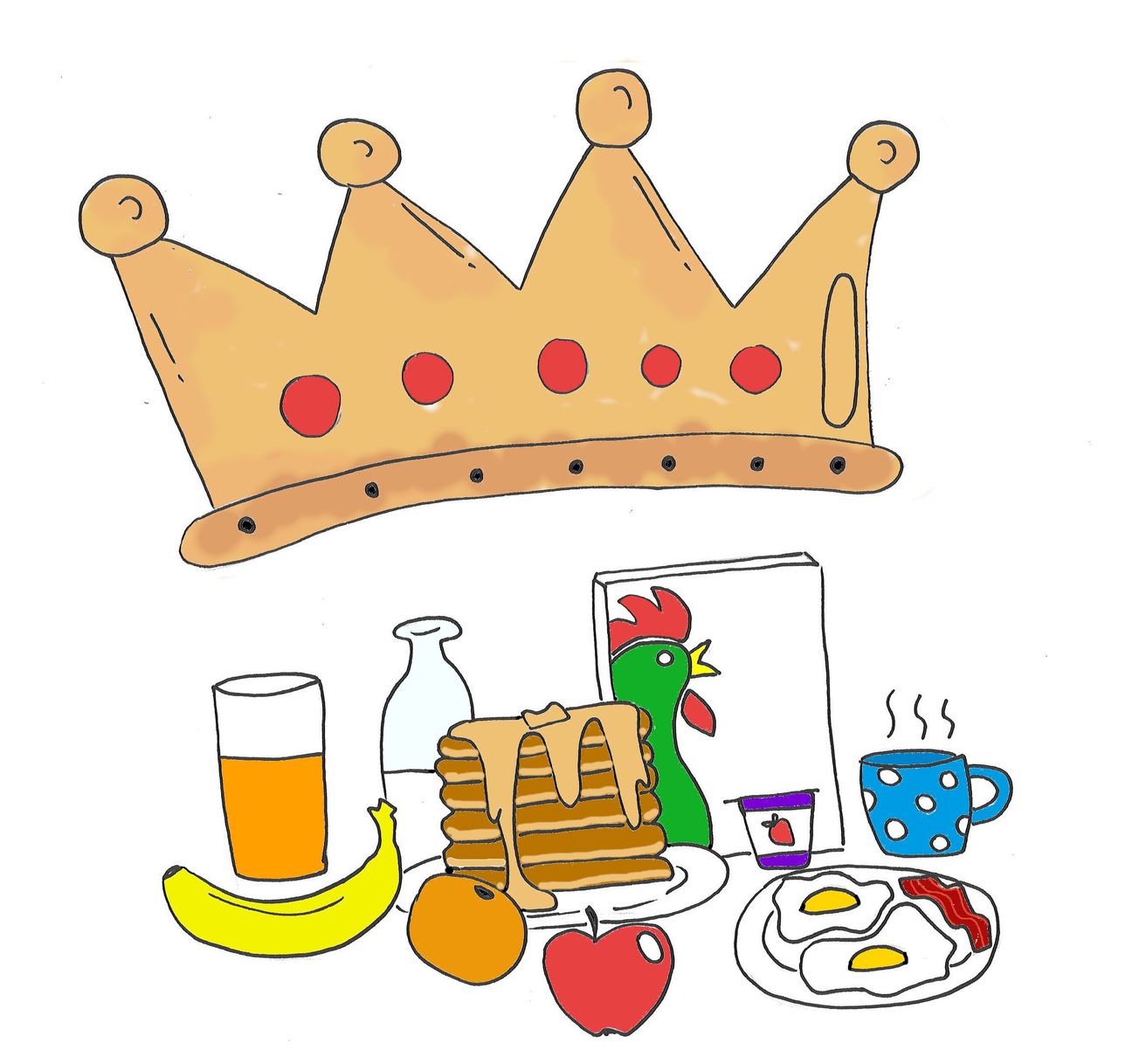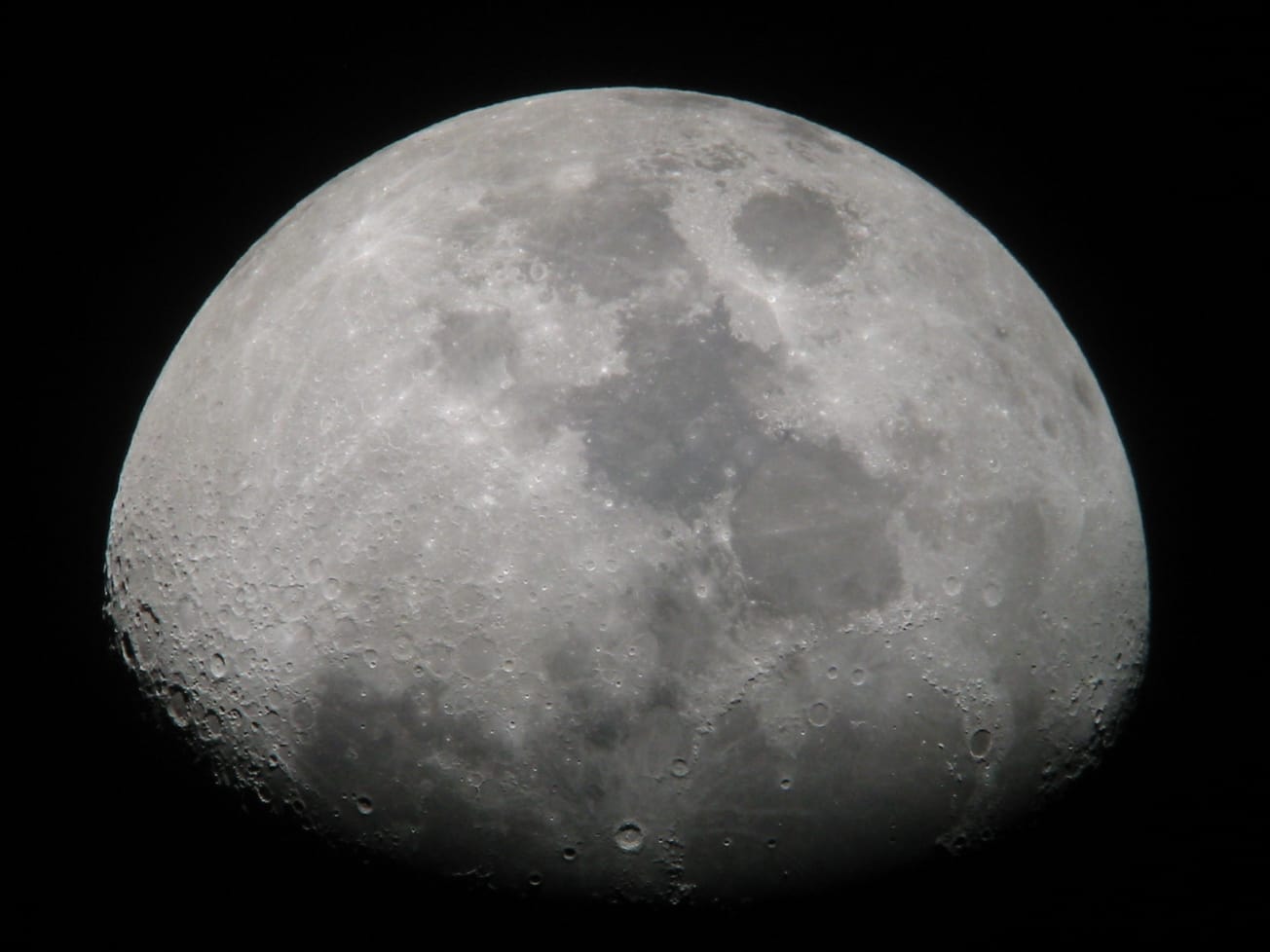By Hana Azuma, Second year, Biology
If you want to burn more fat, it might be worth choosing a big breakfast over a big dinner.
New research from the Endocrine Society has suggested that eating breakfast burns twice as many calories as you would burn eating the same food for dinner. Morning meals may also reduce your craving of sugary snacks. Dr Juliane Richter, one of the contributors of this research, suggests that this information is particularly useful those who are diabetic or struggling with obesity.
Despite breakfast often being thought of as the most important meal of the day, many of us skip it to lose weight, because we have not got enough time in the morning, or simply because we are not hungry. But there is increasing evidence suggesting a positive link between breakfast with good mental and physical health; for example, lower risk of obesity.
After every meal, our body burns calories as a form of heat called diet-induced thermogenesis (DIT). This tells us about how well our metabolism is working, which requires energy to digest and absorb our food. Depending on what and when you eat, DIT can contribute up to 15% of your daily calorie expenditure. This new study showed that people’s DIT activity was 2.5 times higher after breakfast than dinner, regardless of the calories consumed.
This study also looked into blood sugar levels, total hunger levels and temptation to snack. The researchers evaluated 16 men after giving them a high-calorie breakfast followed by a low-calorie dinner for three days, then repeated it but with a high-calories dinner and a low-calorie breakfast.
Interestingly, aside from higher DIT activity after a big breakfast, the test subjects felt full over a longer period of time, thereby reducing their cravings for sugary treats as well as overall hunger. Additionally, the level of insulin (hormone that maintains your blood sugar level) rose less after breakfast, keeping the blood sugar level low. This is good news as high level of insulin can lead to a development of obesity or heart disease.
| The Primrose Café: is this the perfect vegan breakfast?
But how can eating breakfast lead to a lower risk of weight gain compared to no breakfast? Dr. Minisha Sood, an endocrinologist not associated with the study, said that our metabolism strongly correlates with the circadian rhythm, our natural sleep-wake cycle. If breakfast is skipped, then your body might over crave for food to catch-up with the nutrient loss, leading to excessively rich meal later in the day.
Eating a big breakfast rather than a large dinner may prevent obesity and high blood sugar, according to new research published in the Endocrine Society's Journal of Clinical Endocrinology & Metabolism: https://t.co/lVDvBJU1HW pic.twitter.com/MggPAkpOLP
— UW-Madison Nutri Sci (@UWNutriSci) February 26, 2020
Furthermore, in another study, Marta Garaulet and colleagues found that the activity of enzymes (small molecules that digest your food) are synchronized with the body’s circadian rhythm. So, the timing of food intake can alter the how it is metabolised. For example, eating a meal at an abnormal time can disrupt your circadian rhythms, which may lead to inefficient digestion and result in a higher risk of fat accumulation which causes weight gain.
Overall, it seems that the time you eat is strongly linked with how well you burn your calories afterwards. If you are diabetic, obese or simply looking to lose weight, counterbalancing your dinner size by increasing the portion of your breakfast might be a start for changes.
Featured image: Epigram / Vilhelmiina Haavisto
Want to write about your research? Get in touch!









